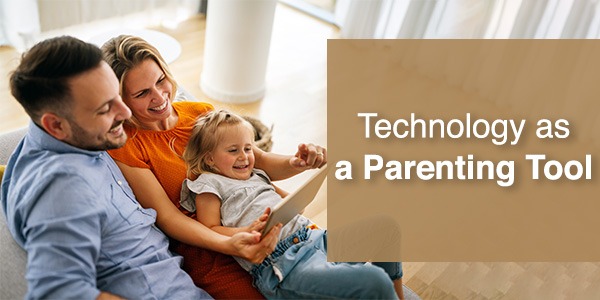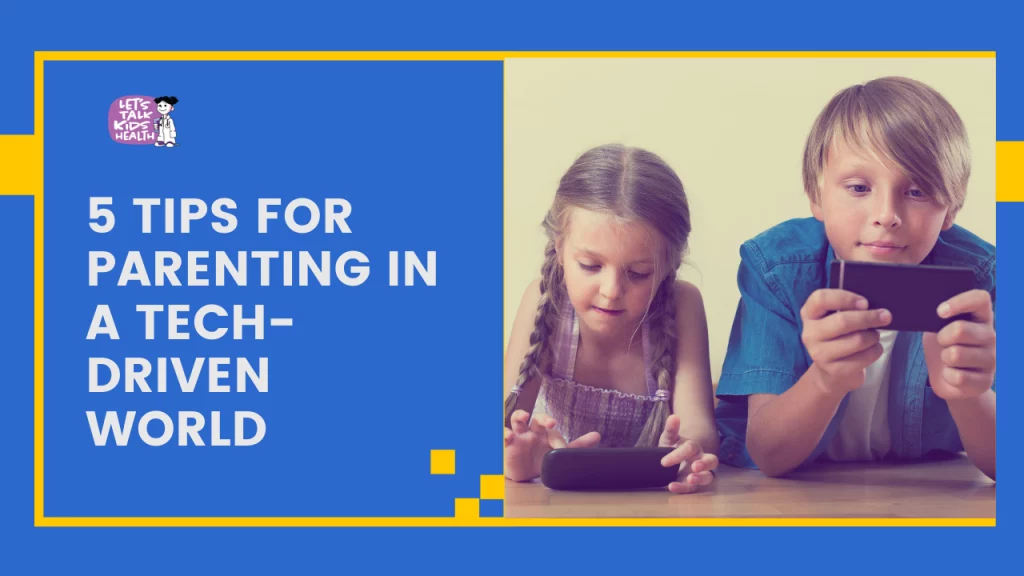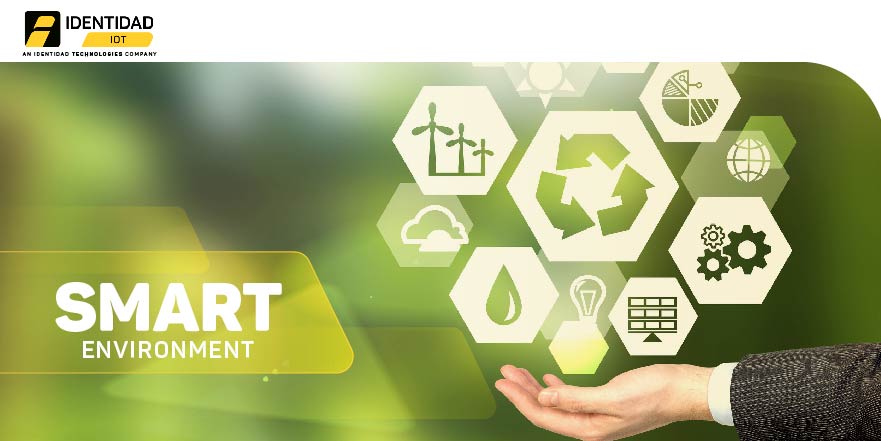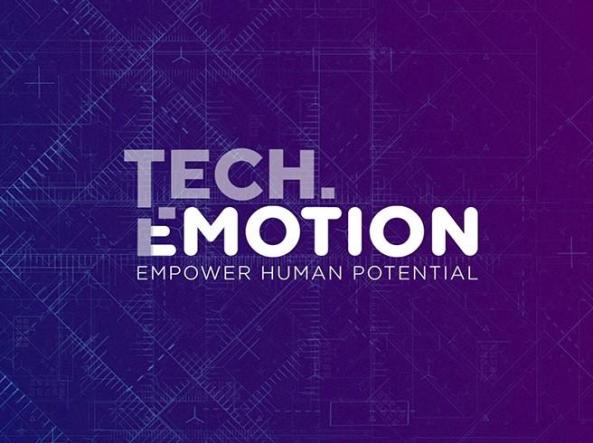
Parenting has been, and will always be, an evolving journey. In a world increasingly dominated by screens, apps, and the internet, technology’s influence on how we raise our children is undeniable. The phrase “technology as a parenting tool” is no longer a futuristic concept. It’s our present reality.
But just how has the role of technology morphed from being just a source of entertainment or convenience to an essential tool in the parenting arsenal? Let’s dive deep into the realm of parenting in the tech world.
Digital Babysitters and Beyond

Once upon a time, the term ‘babysitter’ would conjure up images of a teenager, keeping an eye on younger kids while the parents had a night out. Today, iPads, tablets, and educational apps have, in many households, taken on the role of the digital babysitter.
But to call them mere distractions would be oversimplifying their impact. Apps designed for kids can be both entertaining and educational. There’s an app for almost everything – from teaching toddlers the ABCs to helping older kids with math problems. These tools can supplement a child’s education and foster a love for learning.
Monitoring and Safety Tools

One of the biggest fears for every parent is the safety of their children. With the proliferation of the internet and smartphones, it’s now possible for parents to track their children’s location in real-time or to monitor their online activities.
These tools, when used judiciously, can give parents peace of mind. For instance, if a teenager is out late and isn’t responding to calls, a quick location check can ensure they’re safe. On the other hand, parental controls can block inappropriate content or restrict screen time, ensuring a healthy balance between the virtual and real world.
Virtual Reality and Augmented Reality

Virtual Reality (VR) and Augmented Reality (AR) might sound like tech buzzwords, but they have found genuine applications in the world of parenting. VR can transport children to different parts of the world, exposing them to different cultures, histories, and sciences, all from the comfort of their homes.
AR, with tools like technology 9, pushes this even further by merging the digital with the physical, creating interactive learning environments. Think about a child pointing their tablet at a butterfly to get instant information on its species, habitat, and life cycle. It’s learning made immersive and fun.
Communication in the Digital Age

Remember the days of leaving notes on the fridge? With today’s technology, parents and children can be in constant touch. Apps and platforms dedicated to family communications ensure that everyone is on the same page. Whether it’s coordinating pickups from school, discussing homework, or just checking in, technology has made parent-child communication seamless and efficient.
Health and Wellness Tech

Gone are the days when parents relied solely on traditional methods to monitor their child’s health. Wearable tech like smartwatches can track physical activity, sleep patterns, and even vitals.
Moreover, there are apps specifically designed to guide parents through early developmental stages, offering advice on nutrition, sleep, and milestone tracking. Technology, in this way, acts as a companion, assisting parents in ensuring the holistic well-being of their children.
Crafting Digital Citizens

Being a part of parenting in a tech world means not just using technology but also teaching children about it. Digital literacy is as crucial as any other form of education. From teaching kids about cybersecurity to understanding the nuances of social media etiquette, the role of the parent now also includes that of a tech mentor.
Challenges in a Tech-Driven Parenting World

While technology offers myriad benefits, it’s not without its challenges. Screen addiction, exposure to inappropriate content, and the potential for decreased physical activity are genuine concerns.
But just like any tool, it’s not about the technology itself but how we use it. By setting boundaries, ensuring balance, and being involved in our children’s digital lives, we can harness technology’s power while mitigating its potential drawbacks.
Future Projections: Parenting in Tomorrow’s Tech World
As we navigate parenting in a tech world, we must also be aware of where technology is headed and prepare ourselves for that journey.
AI-Assisted Parenting

The rise of Artificial Intelligence (AI) promises a future where machines can predict, analyze, and sometimes even understand human emotions. We might soon have AI-driven tools offering personalized learning experiences for our children based on their interests, strengths, and challenges. Imagine a world where your child’s digital tutor adapts in real-time, ensuring they grasp concepts at their own pace.
Biotech and Health Innovations

The biotech sector continues to revolutionize how we understand health and wellness. Future tools might include devices that not only monitor but also predict potential health issues in children, based on genetics and early indicators. This could be particularly beneficial for early interventions in cases of developmental or health challenges.
Smart Environments

From smart homes to smart schools, the environments around us are becoming increasingly integrated with technology. We might see classrooms that adapt to individual students’ learning styles or homes that ensure the optimal environment for a child’s development, both mentally and physically.
Emotional Tech

Beyond just functional benefits, technology is set to understand and cater to our emotional well-being. From devices and apps that can help children manage stress to tools that foster emotional intelligence, the tech of tomorrow promises to nurture not just the mind but also the heart.
Green Tech for a Sustainable Future

As we teach our children about the importance of sustainability, technology will play a pivotal role. Future tech tools will not only be about convenience but also about fostering a sense of responsibility. Imagine game apps where children learn about ecology, conservation, and sustainability, or tools that help families reduce their carbon footprint.
The Balancing Act Continues
While the future promises a host of innovations, the core challenges of parenting remain unchanged: ensuring safety, imparting values, and nurturing growth. As we integrate more technology into our parenting techniques, we must always prioritize human connection, empathy, and genuine understanding.
The key is balance. While technology can be a fantastic assistant, guide, and sometimes even a mentor, it should never replace the invaluable human touch that only a parent or guardian can provide.
In Conclusion
As we ponder the role of technology as a parenting tool, it’s evident that we stand at a unique intersection of tradition and innovation. The tools will evolve, and methodologies will change, but the essence of parenting, that of love, care, and guidance, remains timeless.
Embracing technology in our parenting journey is not about forgetting our roots but about equipping our children for a future we can only begin to imagine. And as we do so, we pave the way for a generation that’s tech-integrated, yet deeply human, ready to face the challenges of tomorrow with grace, empathy, and resilience.











